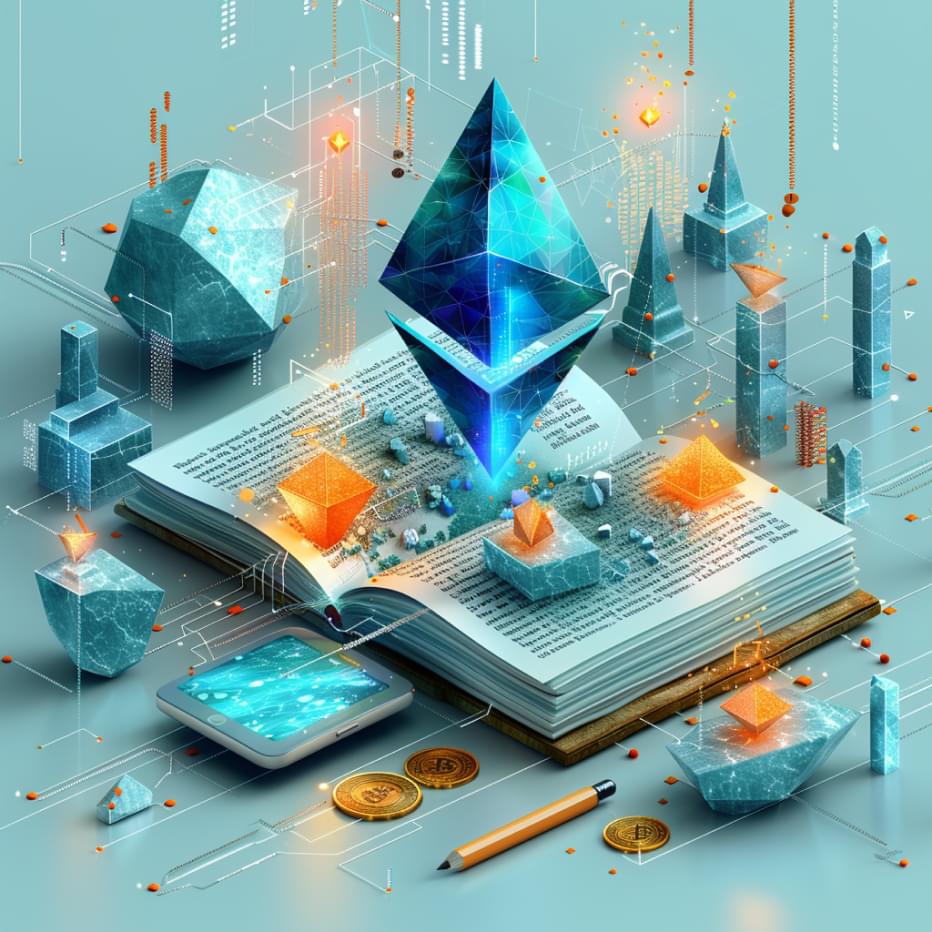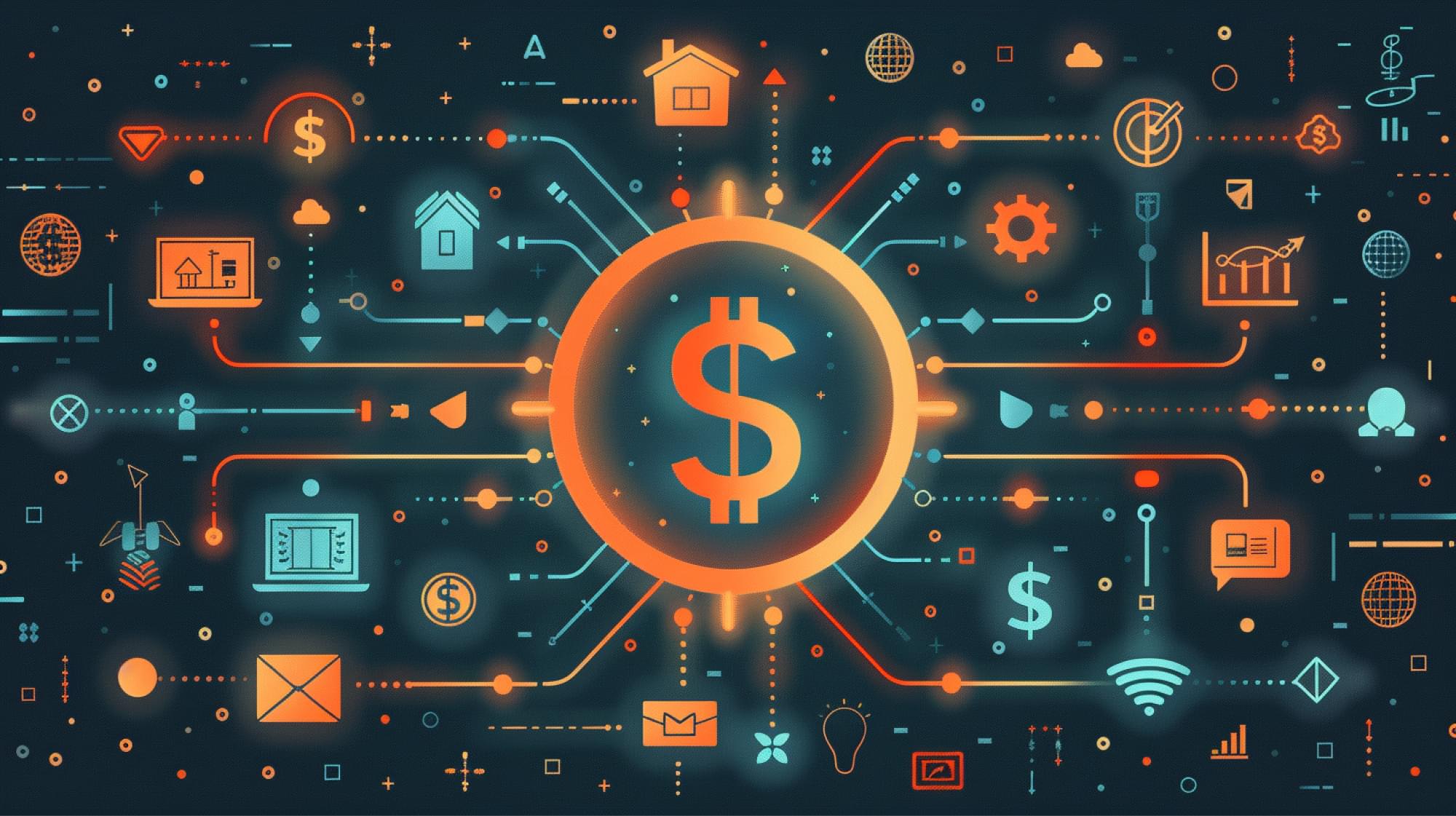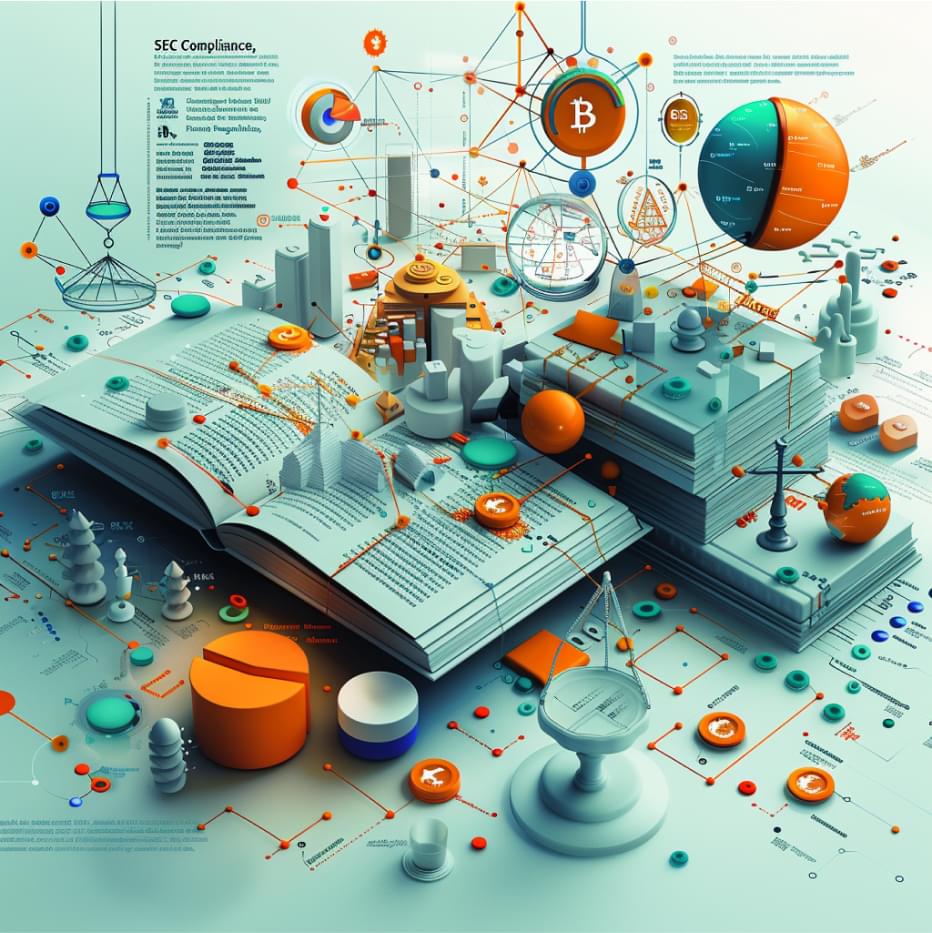Tokenization and security tokens
Tokenization and security tokens
By integrating real-world assets with blockchain technology, tokenization not only redefines the paradigm of investment and ownership but also significantly boosts liquidity and modernizes the mechanics of asset transfer in digital markets.
Tokenization transforms global markets by making high-value investments accessible around the clock, enabling even smaller investors to partake in opportunities once considered out of reach or historically illiquid.
Through security tokens, tokenization simplifies and accelerates the process of buying and selling assets, reducing administrative overhead and eliminating many of the traditional costs associated with transactions.
Unlike utility tokens or NFTs, which offer access to services or ownership of digital items, security tokens provide actual stakes, dividends or voting rights, integrating the benefits of traditional securities with blockchain efficiency.
The integration of cutting-edge blockchain technology offers unmatched security and transparency, providing a robust foundation for proof of ownership and transaction authenticity in tokenized assets.
The gateway to digitalized assets
Tokenization is the process of connecting the ownership rights of real-world assets with digital tokens on a blockchain. This transformative technology simplifies asset management, trading and investment across various sectors by creating digital representations of tangible and intangible assets. By doing so, tokenization significantly enhances efficiency, increases transparency and broadens access to investment opportunities, marking a pivotal advancement in financial technology. It democratizes high-value markets, previously accessible mainly to very wealthy individuals and large institutions, by allowing both small and large investors to participate. This breakdown of traditional barriers is paving the way for a more inclusive and flexible financial environment.
Mechanisms of tokenization
Blockchain technology at the core
Tokenization fundamentally transforms asset management by leveraging blockchain's ability to ensure the integrity and security of data transactions. When assets are tokenized, ownership details are represented by digital tokens and recorded on a decentralized, tamper-proof blockchain ledger. This not only facilitates a permanent record of all transactions but also enhances security by removing single points of failure.

Smart contracts – Automating compliance and operations
Creating a security token involves a sophisticated blend of technology and adherence to strict regulations, with smart contracts playing a pivotal role. These contracts are central to the tokenization process, automating critical functions such as transaction execution, compliance adherence and asset transfer processes. Programmed with operational terms on the blockchain, they execute these duties automatically, enhancing efficiency and reducing the need for manual intervention. Smart contracts are crucial for enforcing compliance with regulatory standards and operational protocols, streamlining governance and administrative operations.
Token standards and ensuring interoperability
Tokenization employs specific standards, such as Ethereum’s ERC-3643 and ERC-1400, to ensure that digital assets function seamlessly within blockchain ecosystems. These standards define rules for token transferability, transaction approvals and user interactions, which are vital for maintaining interoperability across different blockchain platforms. This interoperability is essential for the broader adoption and functionality of tokenized assets in various financial landscapes.
Advantages of tokenization
Increased liquidity and global accessibility
Tokenization provides significant liquidity to assets considered traditionally illiquid, like art, real estate, collectibles or intellectual property. This broadens the investor base and enhances the frequency and ease of transactions. Additionally, by digitizing assets and issuing them on blockchain platforms, tokenization overcomes geographical barriers, enabling global investors to participate in markets without physical or regulatory constraints. This global reach injects foreign capital into markets, diversifying funding sources and stabilizing asset values through broader, more varied investment.

Enhanced security
Blockchain technology ensures that all tokenization transactions are secure, transparent and immune to tampering. This security is critical for building trust in financial transactions and asset management, especially in markets involving high-value assets where the risk of fraud is significant.
Challenges, chances and future prospects

Global regulatory environment
The regulatory environment for security tokens and tokenization is both complex and dynamic, requiring issuers to navigate a maze of international laws and standards. In the U.S., the SEC (Securities and Exchange Commission) governs the issuance and trading of these tokens under the same regulations that apply to traditional securities, necessitating rigorous compliance measures. Similarly, in the European Union, various directives and regulations create a structured framework for security tokens, treating them akin to conventional financial instruments. Although these tokens may technically function as cryptocurrencies, they are often excluded from specific crypto-asset regulations such as the EU Markets in Crypto-Assets Regulation (MiCA) because they qualify as financial instruments under existing financial regulations. These regulations ensure investor protection, market stability and transparency, requiring issuers to maintain stringent governance and disclosure standards typical of the broader securities market. Moreover, global standards are evolving to keep pace with technological advancements.
Challenges and innovations in adoption
The adoption of tokenization faces significant challenges due to the intricate nature of blockchain technology and the diversity of global regulatory landscapes. Navigating these regulations, which can vary drastically from one jurisdiction to another, poses a substantial hurdle, impacting everything from token design to market operations. Moreover, technological complexities impede adoption, as blockchain systems must be scalable and efficient enough to handle high transaction volumes typical of securities markets. However, innovations like layer-2 solutions – such as Bitcoin's Lightning Network or Ethereum's Polygon Network – and advancements in consensus mechanisms are beginning to address these issues, enhancing blockchain's scalability and efficiency. These improvements make the technology more practical and attractive for widespread adoption in the financial sector.

Market growth and forecasts
The tokenization market is on track for remarkable expansion, projected to exceed USD 16 trillion and account for 10% of global GDP by 2030, as per Boston Consulting Group (BCG). This growth trajectory is primarily driven by significant time and cost efficiencies that blockchain technology brings to financial transactions involving bank transfers, shares and investment funds. However, the World Economic Forum anticipates reaching this milestone even sooner, by 2027, highlighting the rapid adoption and integration of tokenization technologies. Anticipated technological advancements are expected to resolve existing challenges related to scalability, interoperability and standardized regulatory frameworks. These improvements will likely open new avenues for economic growth and investment, significantly impacting how businesses and individuals interact with traditionally illiquid assets.
Tokenization stands at the forefront of financial innovation, offering transformative opportunities that redefine asset management and investment globally. As blockchain technology evolves and regulatory frameworks become more accommodating, tokenization is set to become a cornerstone of the global financial landscape. This shift not only democratizes wealth creation but also propels the financial sector into a new era of digital transformation. By integrating digital assets into the mainstream economy, tokenization aligns with future technological and economic trends, setting the stage for a more equitable distribution of capital and opportunities across society.
Disclaimer
This information about tokenization and security tokens is provided for informational purposes only and is very general in nature. It should not be construed as financial, legal or tax advice. Conditions and rights associated with each specific tokenization project can vary significantly. It is crucial to gather detailed information about any particular investment opportunity and understand the associated risks before making an investment. Investors must be aware of the specific conditions and legal obligations related to each investment and ensure compliance with applicable laws and regulations. Each individual is solely responsible for their own investment decisions.
Monetec GmbH, 2024
